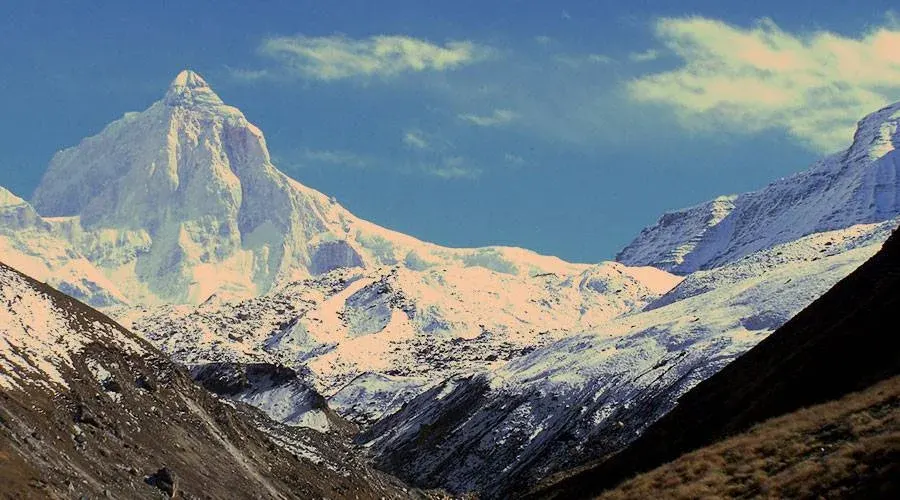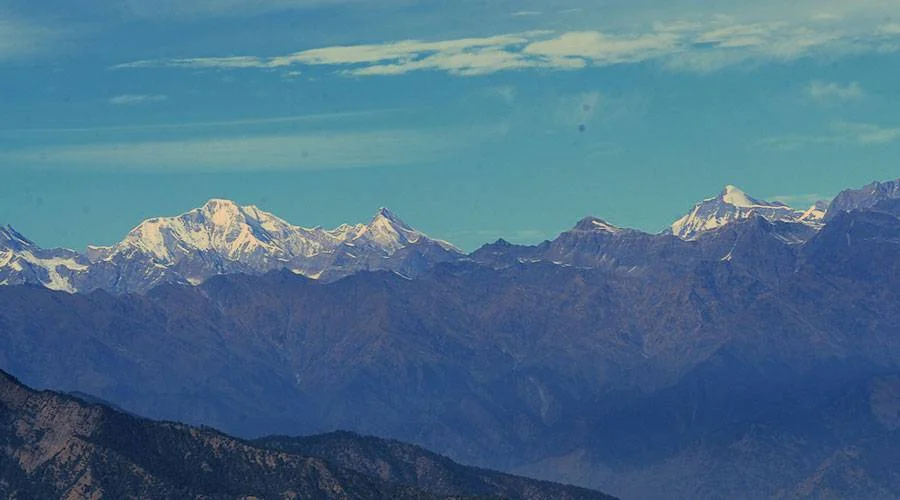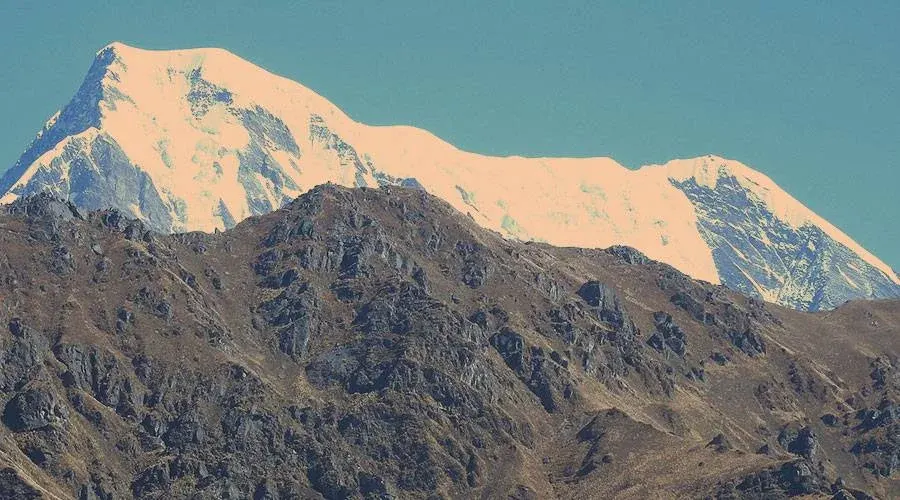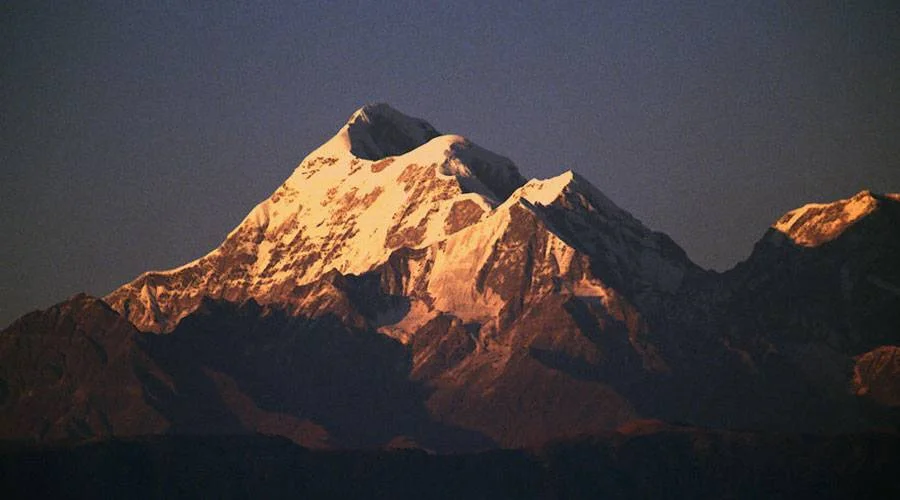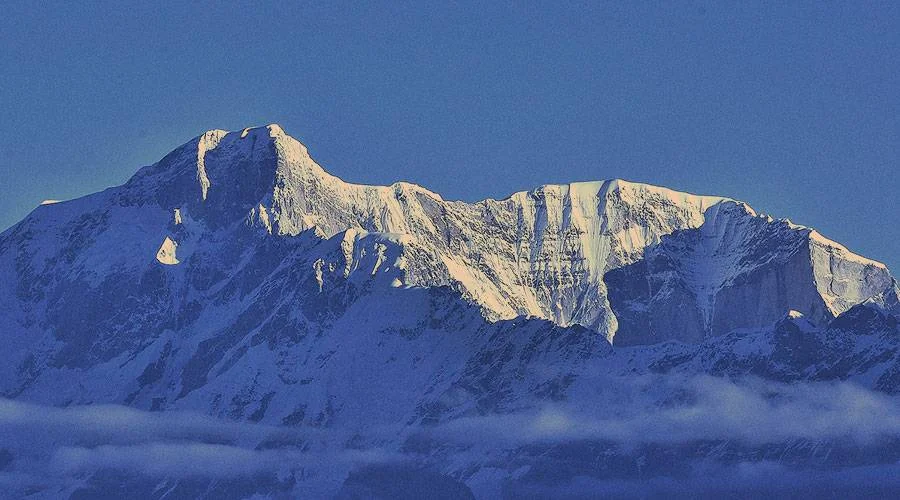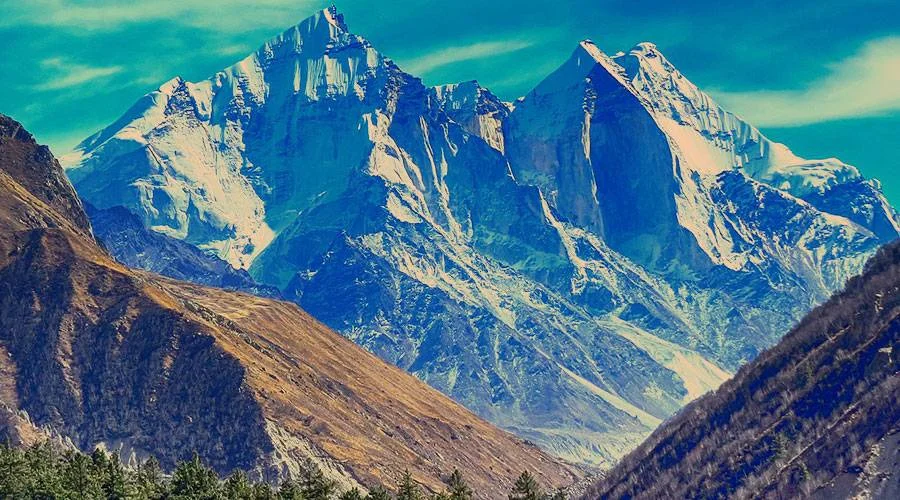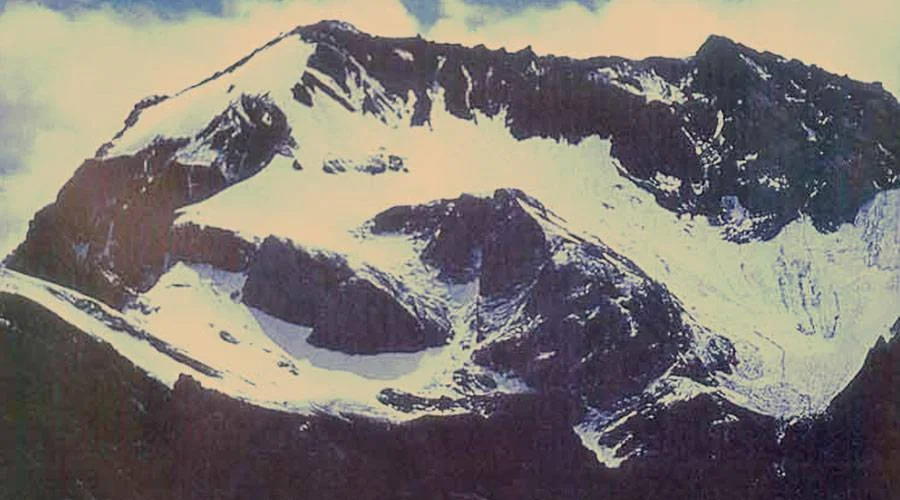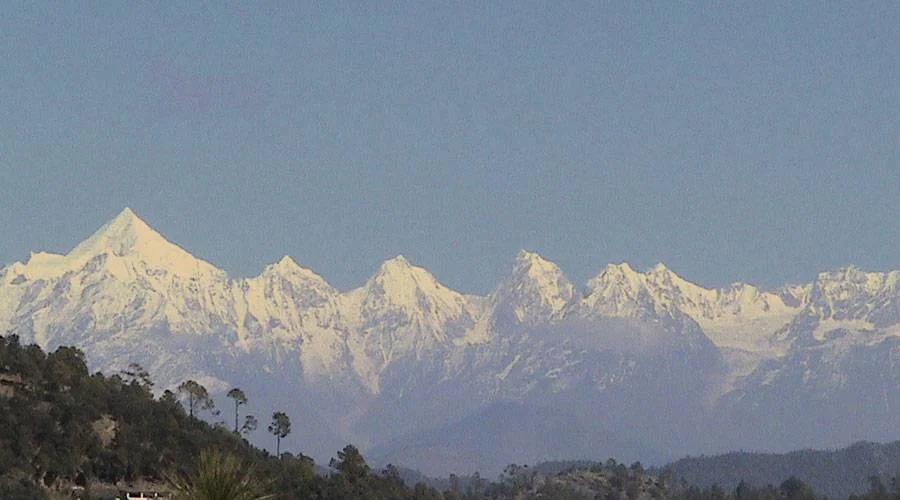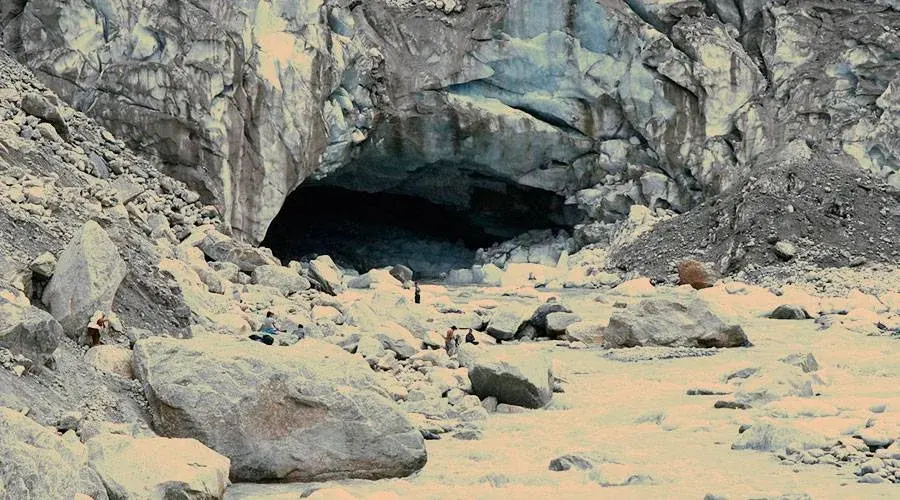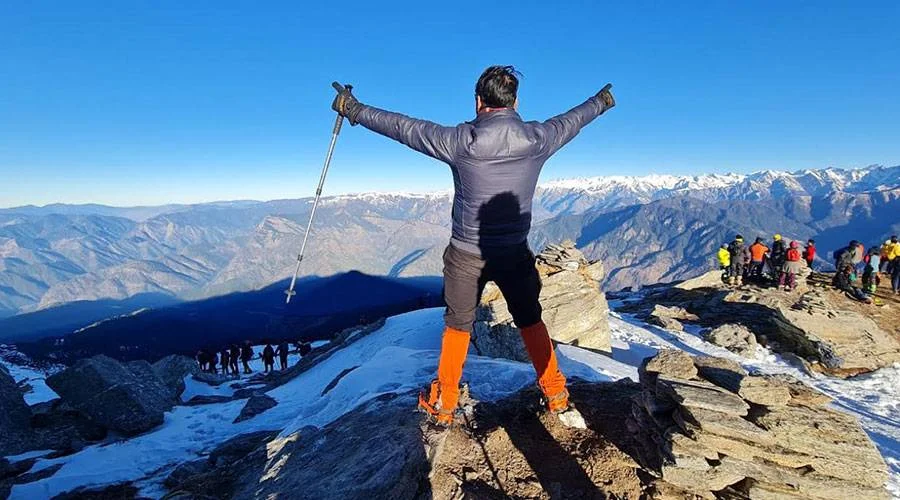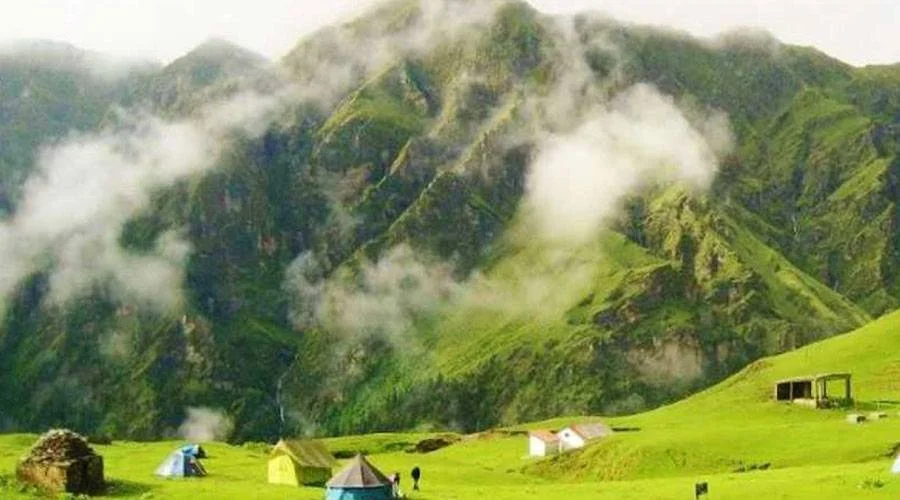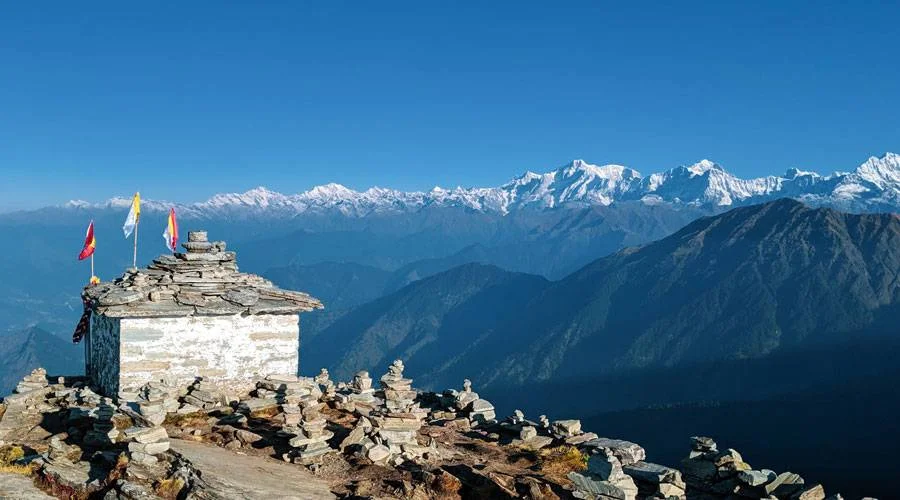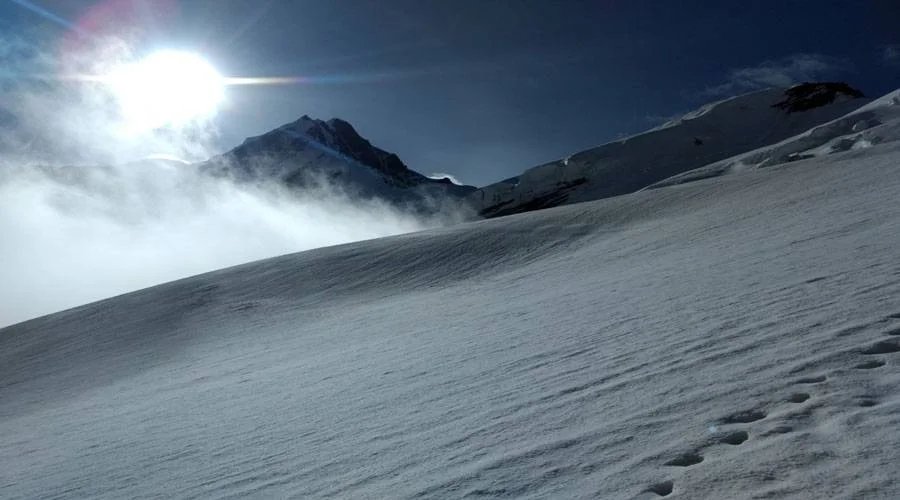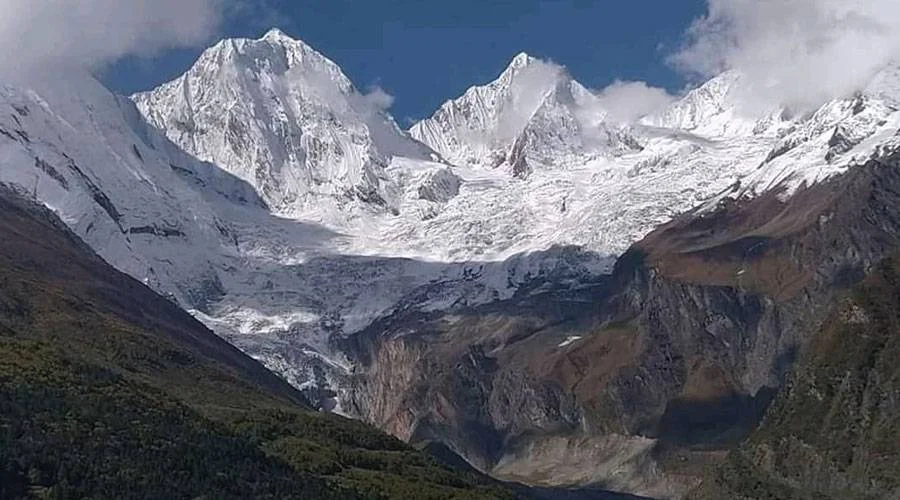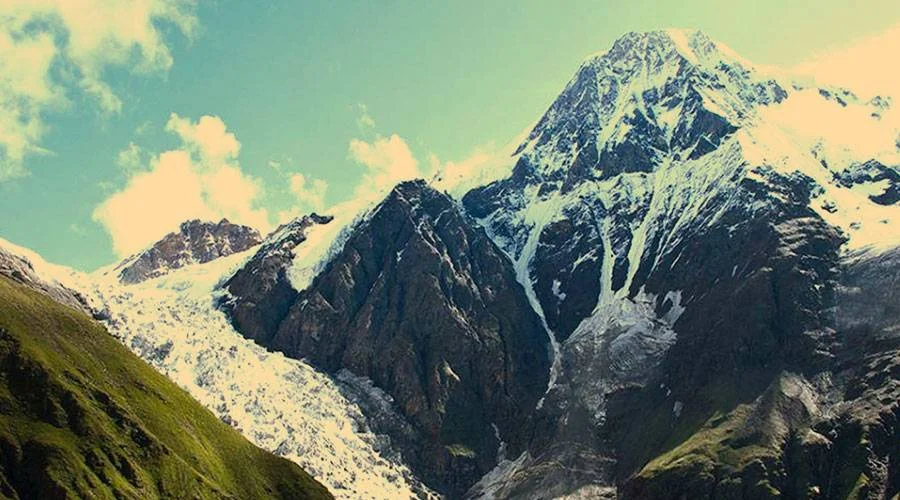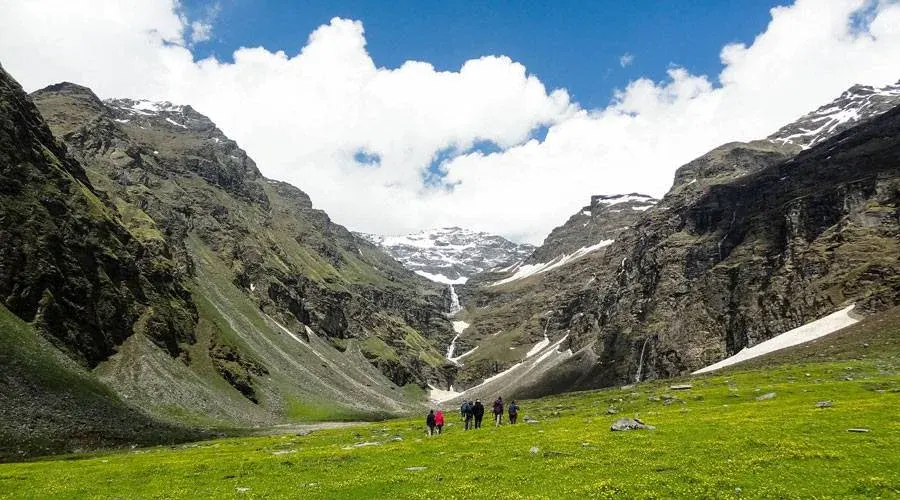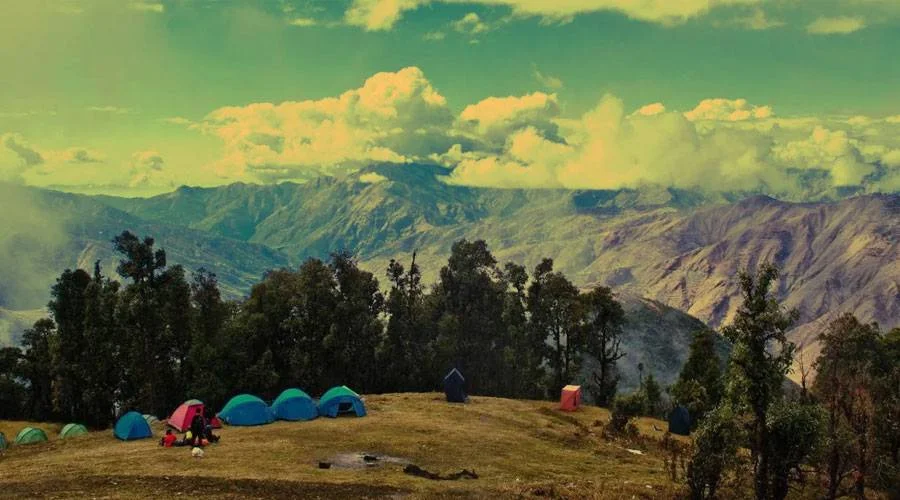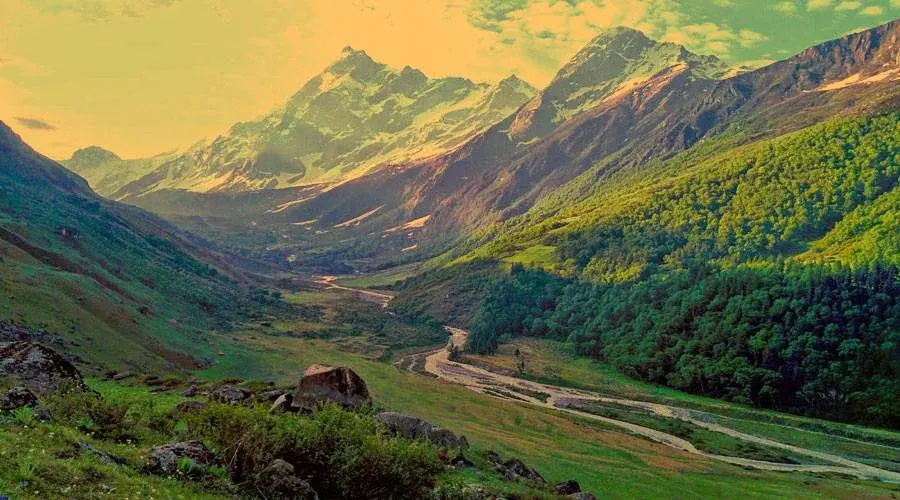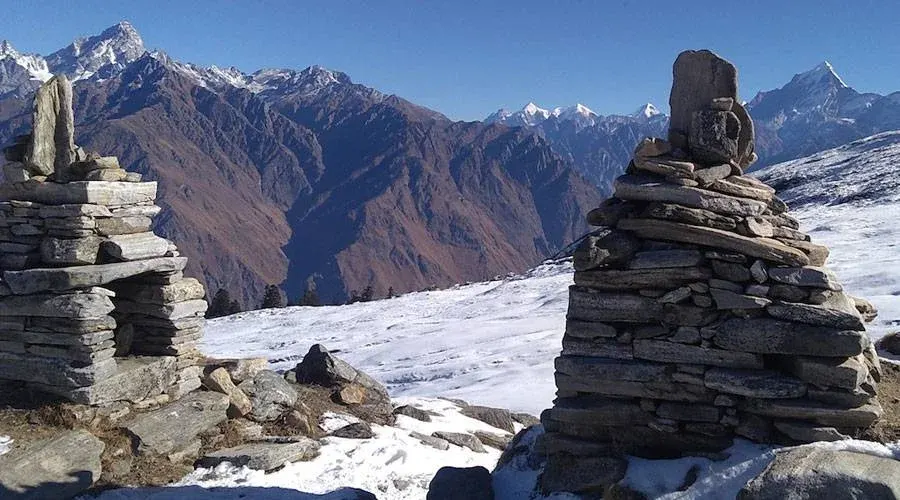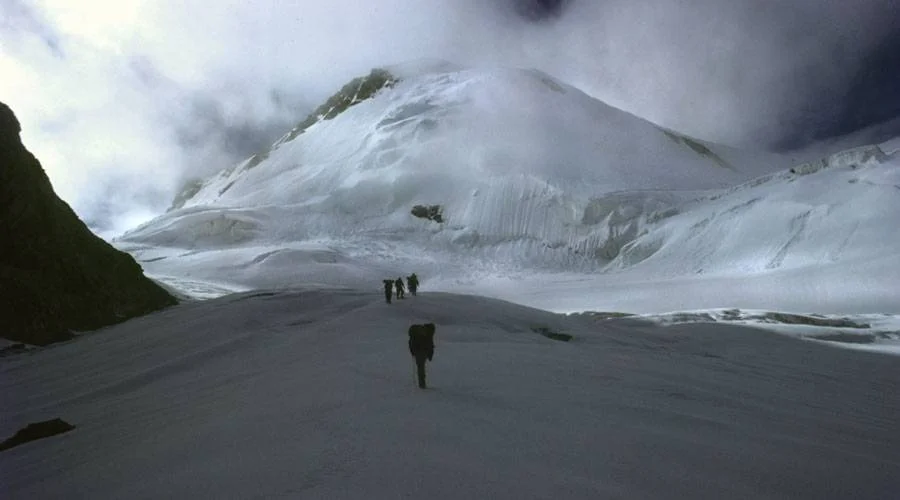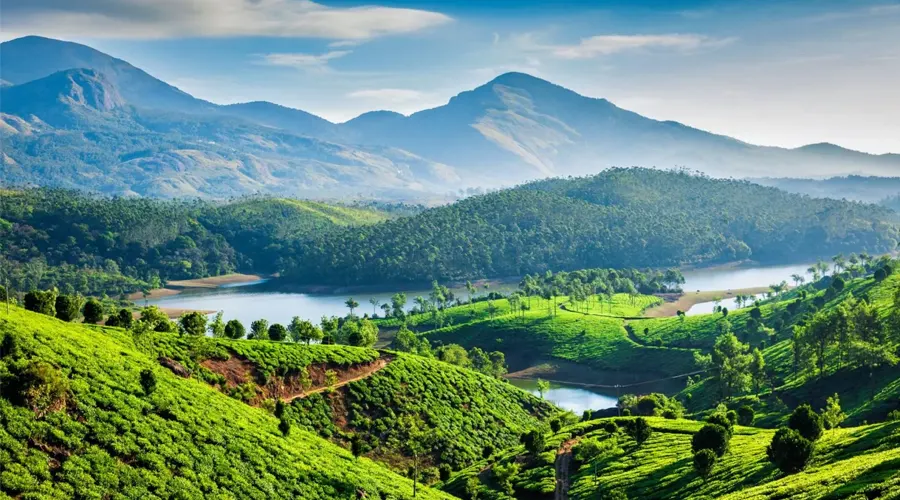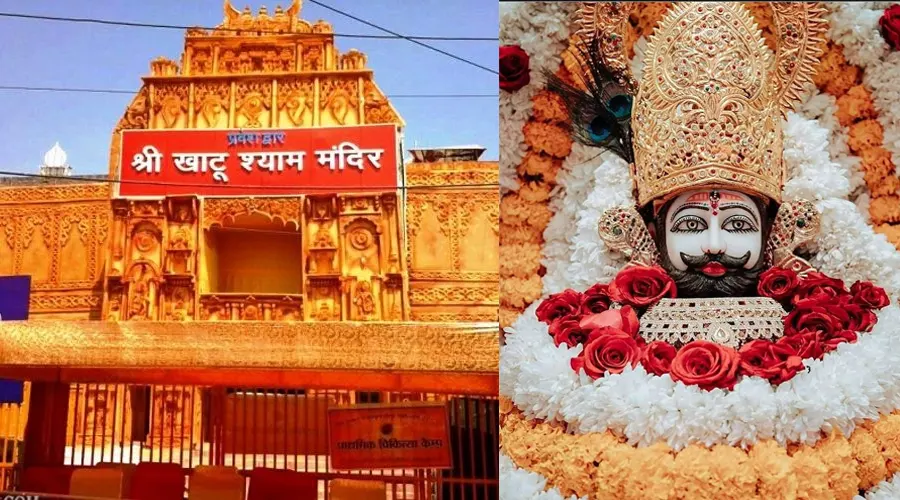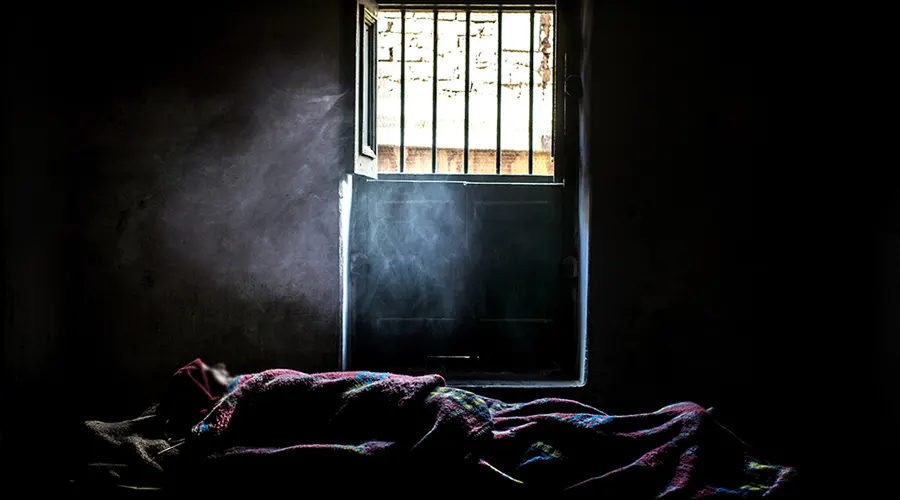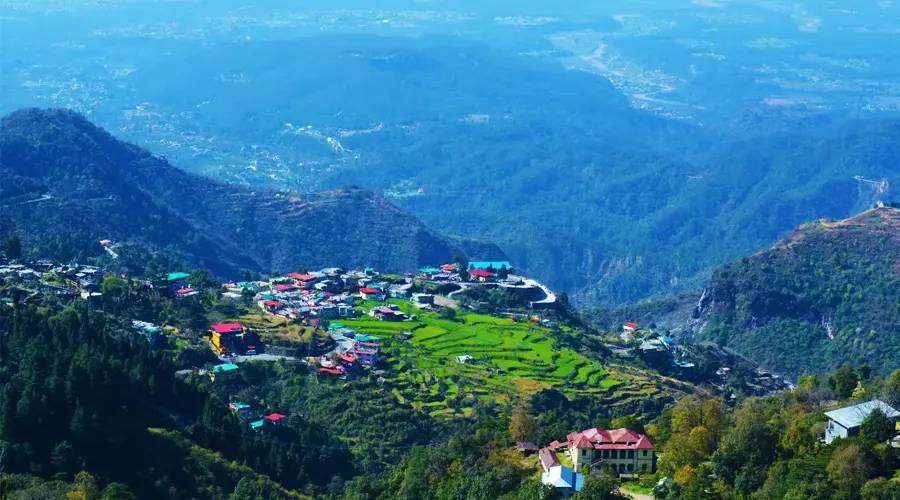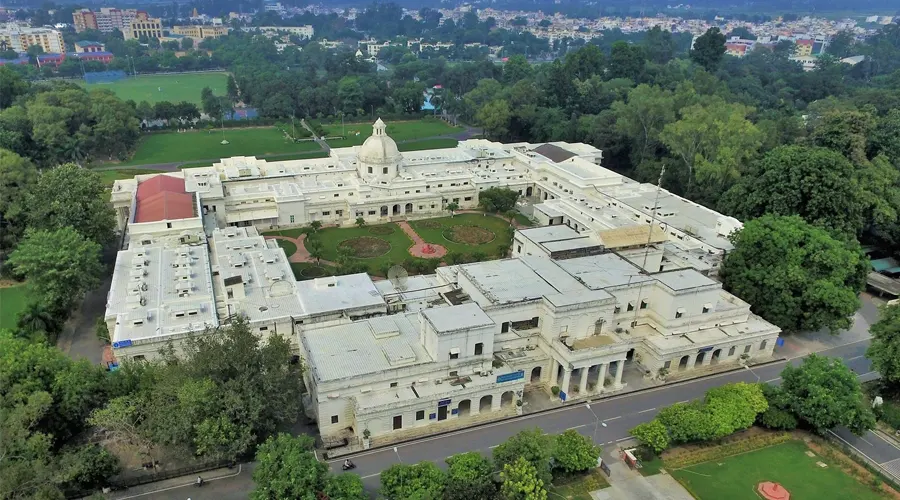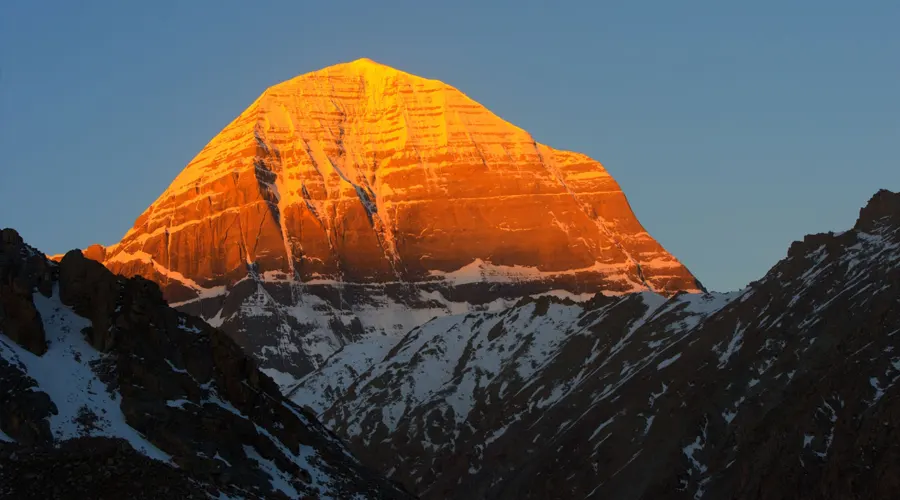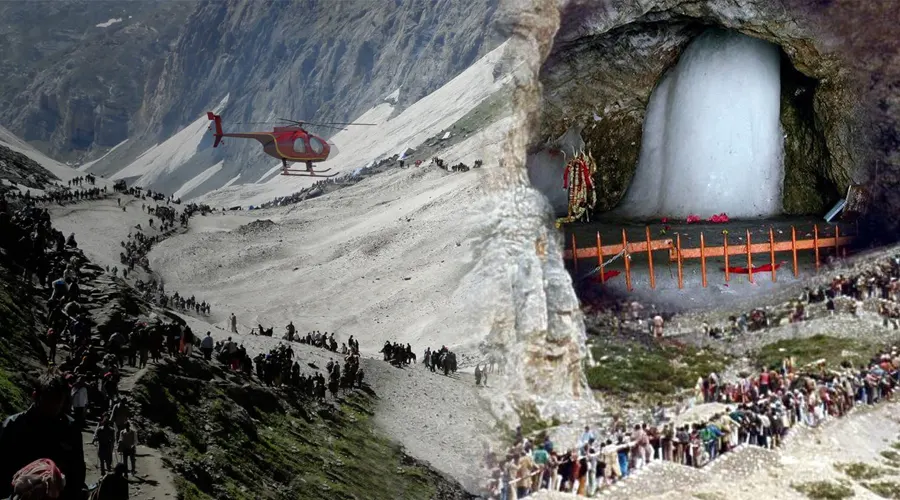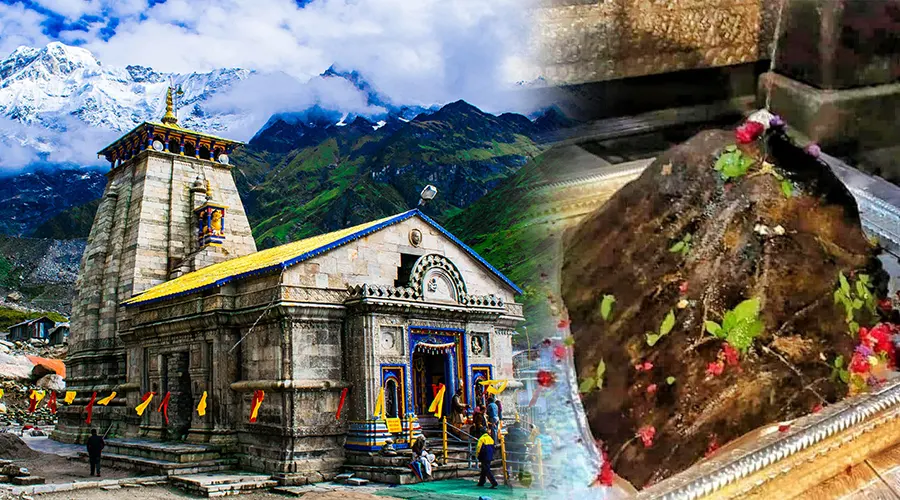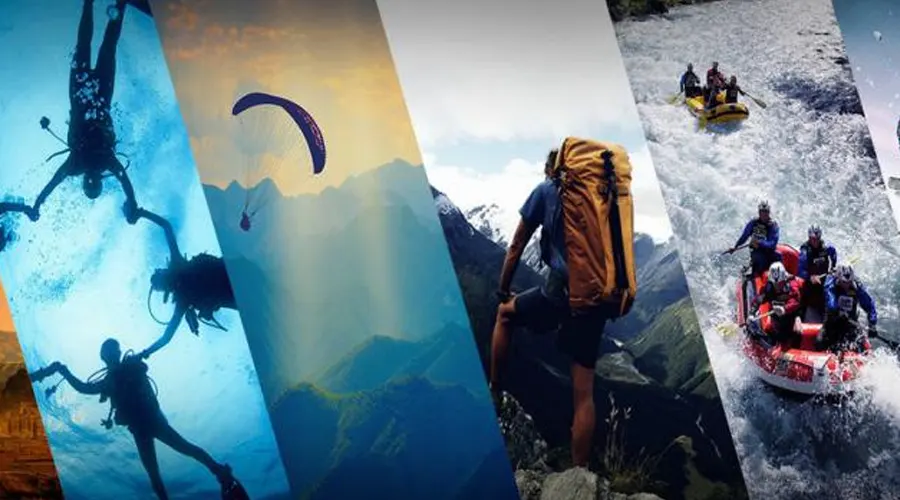Trekking in India – Discover the Best Trails from Himalayas to Western Ghats
Trekking in India is a journey through some of the most diverse and dramatic landscapes in the world. From the snow-clad peaks of the Himalayas to the lush Western Ghats, India's trekking trails offer breathtaking views, cultural encounters, and a taste of raw nature. Whether you're a beginner or an experienced trekker, India’s geography has something for everyone.
Popular Trekking Destinations in India
1. Chadar Trek, Ladakh (Frozen River Trek)
- Level: Difficult
- Best Time: January to February
- Highlight: Trekking on a frozen river amidst icy cliffs
- Duration: 8–10 days
2. Roopkund Trek, Uttarakhand
- Level: Moderate to Difficult
- Best Time: May to June, September to October
- Highlight: The mysterious ‘Skeleton Lake’ at 16,000+ ft
- Duration: 7–9 days
3. Valley of Flowers, Uttarakhand
- Level: Easy to Moderate
- Best Time: July to September
- Highlight: UNESCO World Heritage Site filled with blooming alpine flowers
- Duration: 5–6 days
4. Hampta Pass, Himachal Pradesh
- Level: Moderate
- Best Time: June to October
- Highlight: Dramatic change from lush Kullu Valley to barren Spiti landscapes
- Duration: 4–6 days
5. Tadiandamol Trek, Karnataka
- Level: Easy
- Best Time: October to March
- Highlight: Highest peak in Coorg, misty forests and coffee plantations
- Duration: 1–2 days
6. Kumara Parvatha, Karnataka
- Level: Moderate to Difficult
- Best Time: November to February
- Highlight: Panoramic views and thick forest trails in the Western Ghats
- Duration: 2 days
Best Time for Trekking in India
- Himalayan Region: May–June, September–October
- South India & Western Ghats: October–March
- Snow Treks: December–February
What to Carry on a Trek
- Backpack (30–60L based on duration)
- Trekking shoes with good grip
- Water bottle and energy snacks
- Jacket, rain gear, gloves, and cap
- First aid kit and sunscreen
- Torch/headlamp
- ID proof and permits (if required)
Tips for Safe & Enjoyable Trekking
- Train physically 2–4 weeks before a major trek
- Acclimatize at high altitudes to avoid AMS (Acute Mountain Sickness)
- Stay hydrated and eat light but nutritious food
- Follow trail etiquette and don’t litter
- Travel with a guide or certified trek group for remote routes
Why Choose India for Trekking?
- Geographic Diversity – Snow peaks, jungles, valleys, deserts
- Cultural Connect – Ancient villages, temples, Himalayan monasteries
- Budget-Friendly – Affordable compared to global trekking destinations
- Biodiversity – Rare birds, Himalayan flora, wild animals on trail
Top Trekking Organizers in India
- Indiahikes
- Trek The Himalayas
- YHAI (Youth Hostels Association of India)
- Bikat Adventures
- Adventure Nation
Final Thoughts
Trekking in India is more than a physical challenge—it's a spiritual, visual, and cultural journey. Whether you're walking beside a glacier in Ladakh, through alpine meadows in Uttarakhand, or dense forests in the Western Ghats, India invites you to explore its trails with open arms and a full heart.

